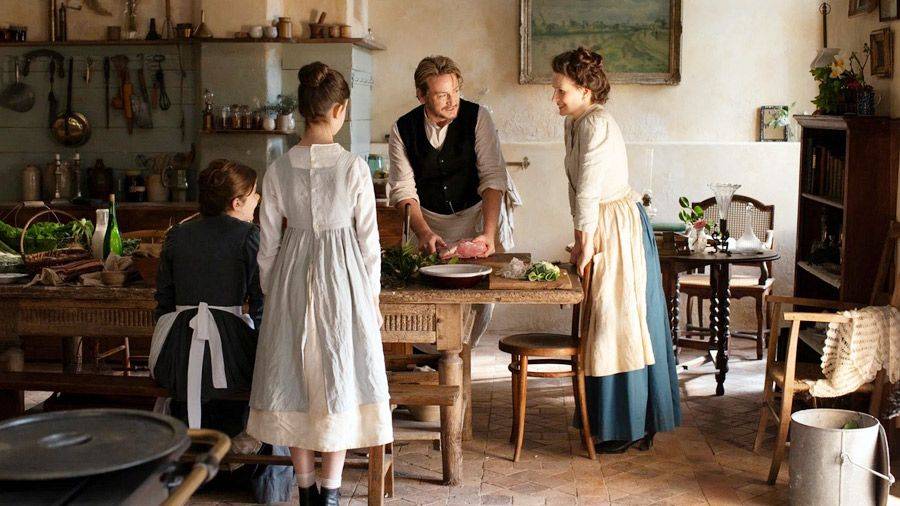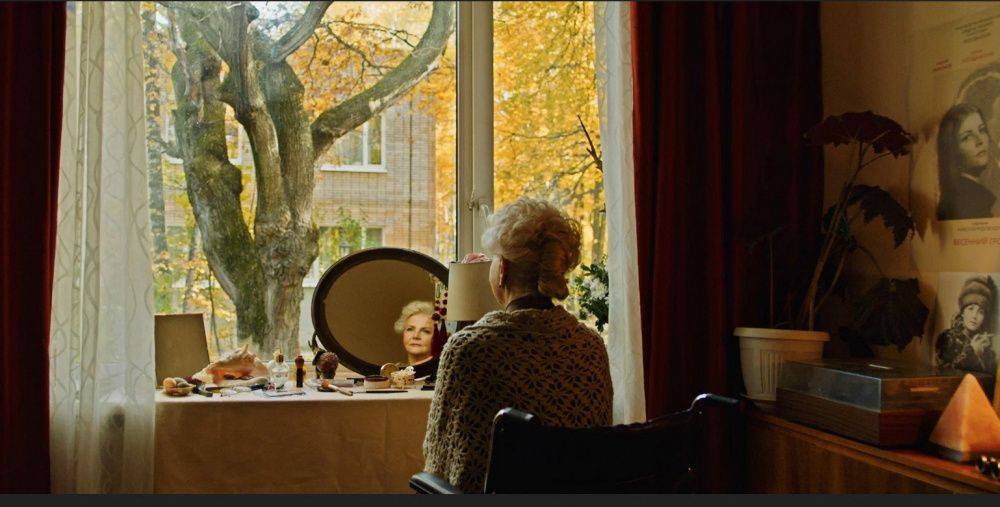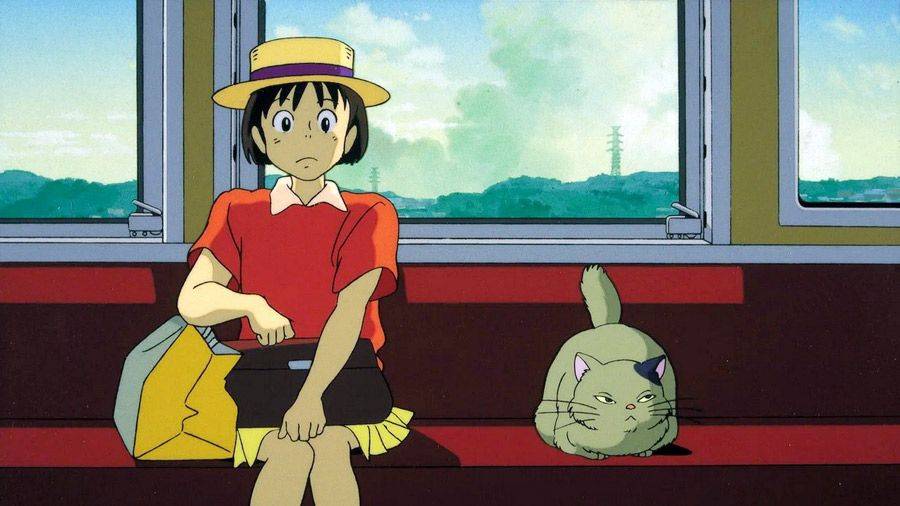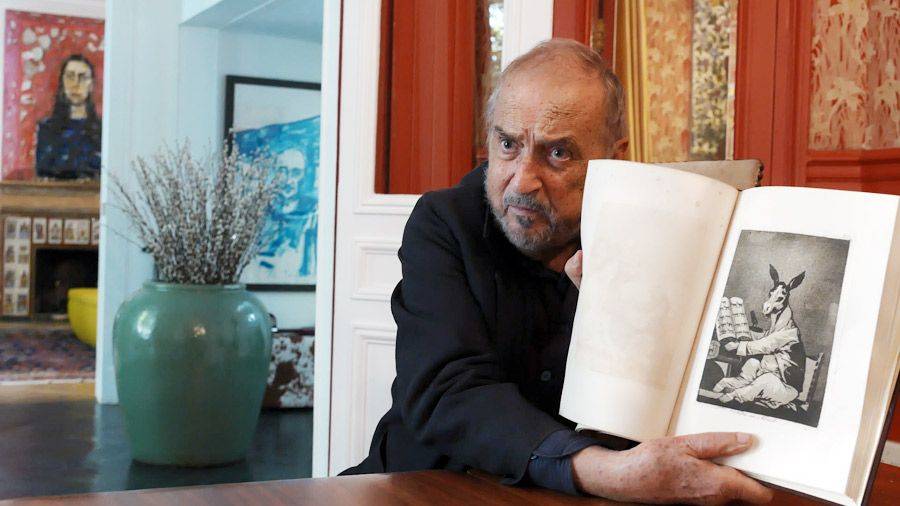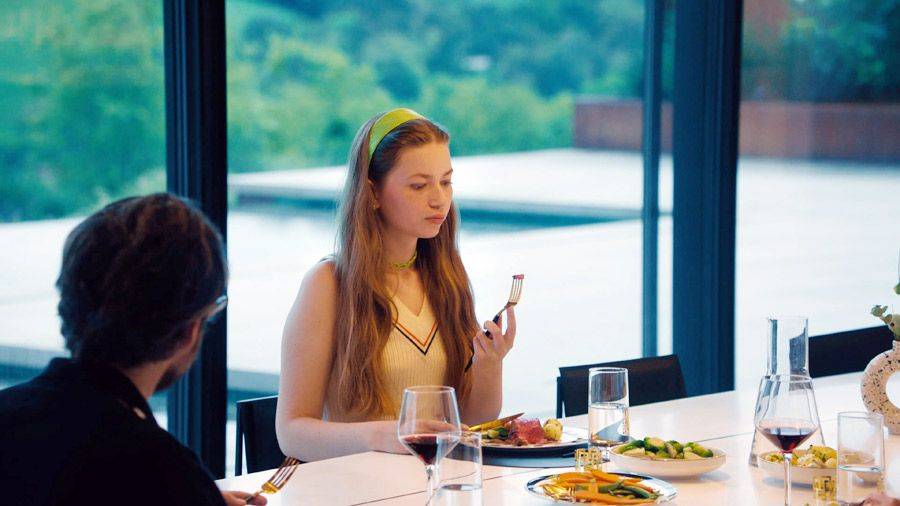On the screens is the French “culinary symphony” by Vietnamese—born Chan Anh Hung, which won the Cannes branch for best director.
Previously, the author was awarded the “Golden Camera” for the debut “Fragrance of Green Papaya” in 1992 and, three years later, the Venetian “Golden Lion” for “Rickshaw”. The original title of the new film — “The Passion of Dodin Buffan” — refers to Marcel Ruff’s novel “The Life and passion of gourmet Dodin Buffan”, praising the sweet France of the pre-war Belle Époque. At the international box office, the title of the film “Pot-au-feu” is also intentionally French — it’s a poor dish, stewed meat with vegetables.
Medieval chowder is simpler than a steamed turnip: haute cuisine implies complex work with elementary ingredients; gastronomy is a matter of measure and taste. However, where can I find her? The hero studies the book of author’s recipes of the famous cook of the gallant century… However, both the folio and the text in which it appears are taken by the director as a sub-drawing. The hero and the author do not delve into the twists and turns of the book — they are only interested in their own cuisine: the invisible connections of design and embodiment, hassle and gourmet, the hustle and bustle of everyday life and the meaning of being. On this path, an annoying boundary arises — satiety. However, the skill of the gastronome consists in extracting the most charming notes from under a bushel of consonances of changing dishes… This is half-art, half—sport – the highlight of haute cuisine; the French are partly gluttonous, but above all skeptics, mathematicians and researchers who gamely indulge in what little they can believe in.

